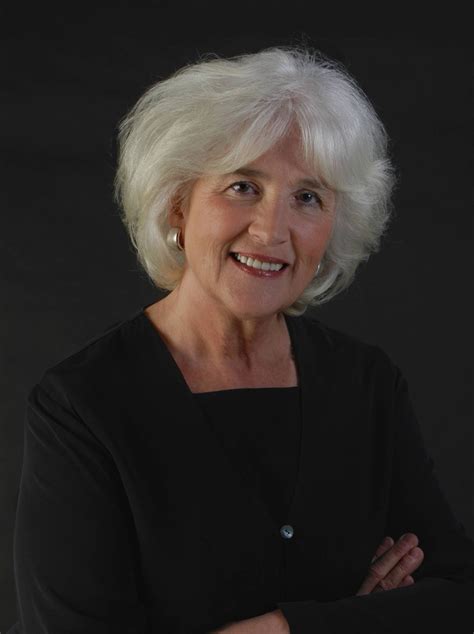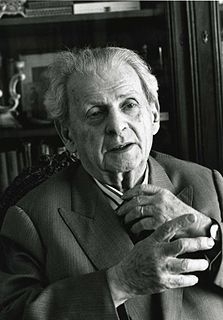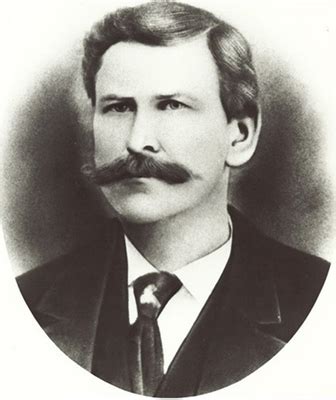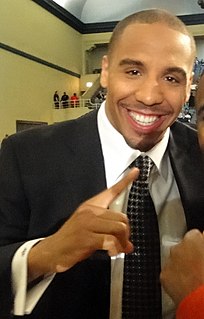A Quote by John C. Calhoun
I am utterly opposed to all equivocation or obscure expressions in our public acts. We are bound to say plainly what we mean to say. If we mean negotiation and compromise, let us say it distinctly and plainly instead of sending to the President a resolution on which he may put whatever interpretation he pleases.
Related Quotes
When I say compromise I do not mean capitulation. When I say compromise I definitely do not mean what Jesus Christ meant when he offered us to turn our other cheek to our enemies. Compromise means, try to meet the other somewhere half-way. And, this can only happen if the other is willing to go half-way in order to meet you. That is the very strict line between compromise and capitulation.
Let me make it very clear: when I say compromise I do not mean capitulation. When I say compromise I definitely do not mean what Jesus Christ meant when he offered us to turn our other cheek to our enemies. Compromise means, try to meet the other somewhere half-way. And, this can only happen if the other is willing to go half-way in order to meet you. That is the very strict line between compromise and capitulation. I'm a great believer in compromises. I do not believe in capitulation.
I will say this quite plainly, what truly human is -and don't be afraid of this word- love. And I mean it even with everything that burdens love or, i could say it better, responsibility is actually love, as Pascal said: 'without concupiscence' [without lust]... love exists without worrying being loved.
If when you say 'whiskey' you mean the devil's brew, the poison scourge, the bloody monster that defiles innocence, dethrones reason... then I am certainly against it. But, if when you say 'whiskey' you mean the oil of conversation, the philosophic wine... the drink that enables a man to magnify his joy... then I am certainly for it. This is my stand. I will not retreat from it. I will not compromise.
We haven't developed a progressive vocabulary. We say something is "public," but we just mean it's viewable online. Or we say it's "open," but we just mean it's accessible. I would like for us to think about terms critically and maybe change our vocabulary a bit. What if pubic actually meant publicly-funded, or social meant socialized.
Music is one of my big interests - I once had a rather fanciful ambition to be a singer - and of course music is philosophically fascinating. What it is for music to express emotion strikes me as one of the most difficult questions - it's hard to say what it precisely means, although it plainly does mean something. But whenever I have tried to say something about this, it has come out as either banal or pretentious or both.
Ah, Marilyn, Hollywood's Joan of Arc, our Ultimate Sacrificial Lamb. Well, let me tell you, she was mean, terribly mean. The meanest woman I have ever known in this town. I am appalled by this Marilyn Monroe cult. Perhaps it's getting to be an act of courage to say the truth about her. Well, let me be courageous. I have never met anyone as utterly mean as Marilyn Monroe. Nor as utterly fabulous on the screen, and that includes Garbo.
When people run a business and open their door to the public, they must serve the public. That doesn't mean they can't say whatever they want to say. It doesn't mean they can't believe whatever they want to believe. Those are protected also. But businesses must serve the public. And that's a principle that we fought for in this country over many, many decades, when some were invoking religious freedom as an excuse to deny people on the basis of their race, on the basis of their religion, on the basis of sex and on the basis now of sexual orientation. Let's not confuse one thing with the other.
When people say "Let it go," what they really mean is "Get over it," and that's not a helpful thing to say. It's not a matter of letting go - you would if you could. Instead of "Let it go," we should probably say "Let it be"; this recognizes that the mind won't let go and the problem may not go away, and it allows you to form a healthier relationship with what's bothering you.











































